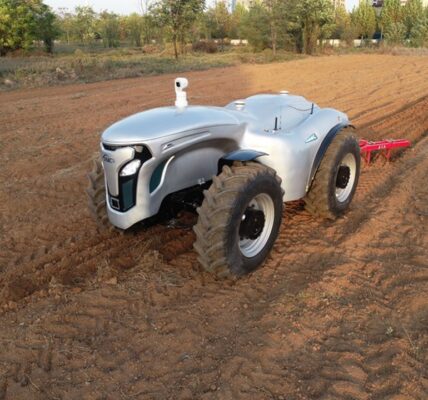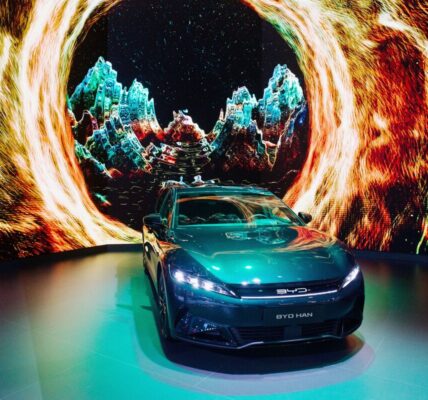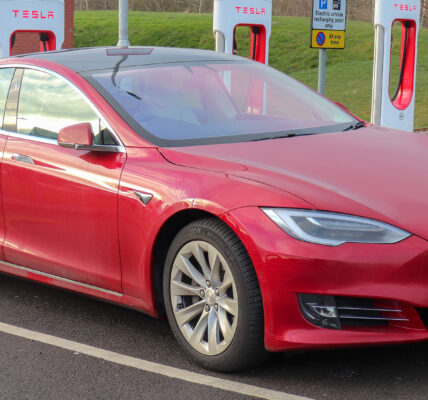Honda has taken a one-percent in CATL as the companies seek a stable supply of battery cells and also closer cooperation in the areas of development and research as well as recycling and second-life approaches.
The move comes at a time when auto manufacturers increasingly turn to CATL to secure the cell supply for upcoming electric models, for the Chinese market especially. Honda in its latest press release expects “CATL will provide a stable supply of NEV batteries to Honda, mainly for battery electric vehicles (BEVs)” as the Koreans seek to launch the first BEV with a CATL battery in China in 2022. (Honda does sell a first EV there already, only through its joint venture with GAC.) However, the CATL “alliance will be further expanded to the global level in the future,” says Honda.
The companies will also discuss battery recycling and reuse as well as a joint development, CATL said in its filing. Through Honda’s acquisition of approximately 1% of CATL shares through the non-public issuance of stocks, the company wants to become “a leading strategic partner of CATL”. Both companies say they aim to establish a long-term relationship with Zhou Jia, President of CATL, considering Honda a “key player in global electrification”. He also expects the cooperation to “deliver more competitive products and solutions to global electrification”.
CATL will use the latest capital gains to increase its facilities worldwide. The company is just building a new battery research centre in China reportedly. And, the innovation centre is not the only construction project from CATL in Ningde. For up to 10 billion yuan (the equivalent of around 1.3 billion euros), a battery cell factory is to be built at Cheliwan Pond in two years. The company is also building a new cell factory in Yibin. Construction of the European cell factory near Erfurt began in October 2019. In total, CATL plans to build 52 GWh of new battery cell production capacity.
Also for Honda, the new cooperation is but one of their efforts to underscore the electrification. In Europe, the Koreans are expanding a partnership with the French recycling specialist SNAM. In future, SNAM will collect batteries from Honda dealers and authorised recycling facilities in 22 countries and test them for their suitability for recycling and further processing.
This, however, will only become necessary once the long-awaited Honda-e hits the continent and there’s been talk of plans for a sportier version of the urban cutie. Overall, Honda has been seen accelerating the electrification of its European line-up. Honda plans to introduce at least four electrified models here in 2021 and 2022.
Only in the US, Honda seeks alignment with GM. Both companies agreed in April this year that Honda would use GM’s latest electric vehicle platform with Ultium batteries to develop two BEVs for Honda together. General Motors will make the new electric cars for Honda at its plants in North America.







